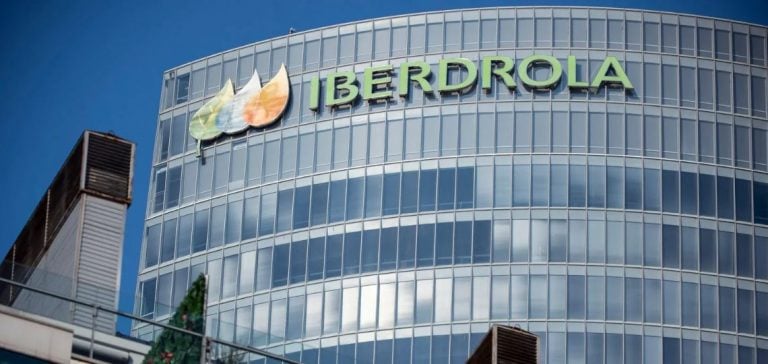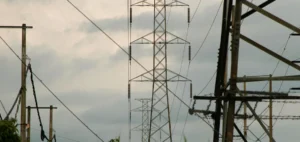Spanish energy group Iberdrola reported a 19% increase in net profit for the third quarter of 2024, reaching €1.34 billion, compared to €1.12 billion for the same period in 2023. This result exceeds the estimates from Factset analysts, who had forecast an average net profit of €1.15 billion. However, despite the increase in profit, Iberdrola experienced a decline in revenue, which fell from €10.93 billion in the third quarter of 2023 to €10.47 billion in 2024. This drop is attributed to a decrease in global electricity production, except in the renewable energy sector.
Net profit boosted by strategic asset sales and renewable energy
A significant portion of the group’s positive results is due to the sale of 13 power plants to the Mexican government, concluded for a total amount of €6.2 billion. This sale, finalized in February 2024, allowed Iberdrola to record an exceptional gain of €1.16 billion over the first nine months of the year. As a result, the group’s profit during this period jumped by 50%, reaching €5.47 billion, compared to €3.65 billion over the same period in 2023.
Additionally, Iberdrola continues to benefit from the expansion of its activities in the renewable energy sector. Over the last 12 months, the company has invested a record amount of €12.3 billion in this sector, a 13% increase compared to the previous year. This substantial investment reflects Iberdrola’s strategy to position itself as a leader in the global energy transition.
Fiscal debate and impacts on future investments
Iberdrola’s financial results have been published amid intense discussions in Spain regarding the extension of a special tax on large energy and banking groups. This tax, introduced in 2023 for a two-year period, could be extended beyond 2024, a proposal that has sparked strong reactions from affected companies. Oil group Repsol, for instance, has frozen its investments in green hydrogen in Spain in response to this fiscal measure.
Iberdrola has expressed concerns about this tax, without specifying whether it would impact its investment plans. In March 2024, the company announced a €41 billion investment plan for the 2024-2026 period, with 35% of the funds allocated to the United States, 24% to the United Kingdom, and 15% to the Iberian Peninsula. These investments are intended to strengthen its position in the renewable energy sector and develop new infrastructure in key markets.






















